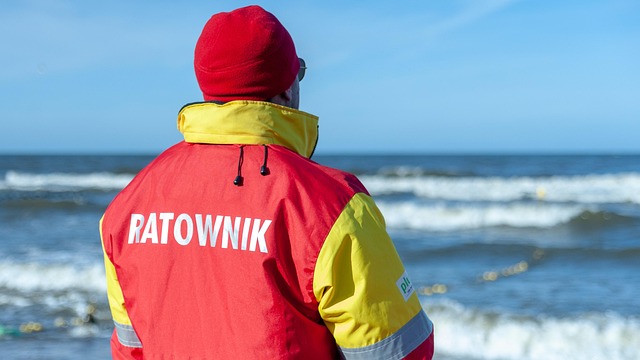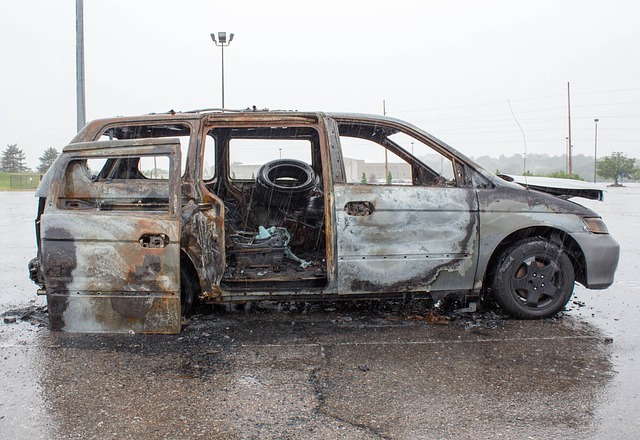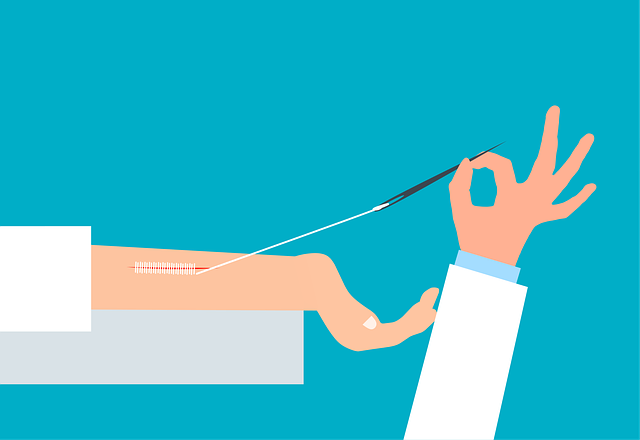Motorcycle accidents cause complex spinal injuries like fractured vertebrae and nerve damage, requiring specialized care including physical therapy and surgery. Understanding these injuries is vital for riders and medical professionals to ensure proper treatment. Victims may seek compensation from an auto accident attorney to gain financial stability during recovery. Prompt stabilization, advanced imaging, and collaborative care from specialists are crucial for recovering from severe spinal injuries in motorcycle accidents. Legal guidance from a personal injury lawyer may be needed for long-term care involving potential caregiver negligence or elder law issues.
Motorcycle accidents can lead to severe injuries, with spinal trauma being a significant concern. This article delves into the world of spinal injuries from motorcycle crashes, offering insights on their understanding, types, and recovery processes. Knowing the potential for such injuries is crucial for riders and bystanders alike, as it enables prompt post-accident care and promotes better outcomes. Whether you’re a biker or simply aware of someone at risk, this guide provides essential knowledge in light of these motor vehicle incidents.
- Understanding Spinal Injuries in Motorcycle Crashes
- Common Types of Spinal Damage Sustained
- Post-Accident Care and Recovery Process Explained
Understanding Spinal Injuries in Motorcycle Crashes

Spinal injuries are a significant concern in motorcycle accidents due to the high-impact nature of these crashes. When a rider is thrown from or involved in a collision with a motorcycle, the spine is particularly vulnerable. Spinal cord injuries (SCIs) can result in varying degrees of paralysis and sensory loss, depending on the severity and location of the damage. Understanding these injuries is crucial for both riders and medical professionals to ensure prompt and effective treatment.
Motorcycle accidents often lead to complex spinal injuries that range from fractured vertebrae to damaged nerve roots. The force of the impact can cause compression or stretching of the spine, resulting in conditions like whiplash or more severe spinal cord trauma. Defective products, such as faulty brakes or worn-out tires, can also contribute to these accidents and subsequent injuries. For victims, seeking compensation for medical expenses and injury-related losses from an auto accident attorney is a critical step towards securing financial stability during the recovery process. Effective management of these injuries requires specialized care, including physical therapy and, in some cases, surgical intervention.
Common Types of Spinal Damage Sustained

Motorcycle accidents can lead to a variety of spinal injuries, each with its own level of severity and impact on an individual’s life. The spine is a complex structure composed of bones (vertebrae), discs that cushion the vertebrae, nerves that carry signals between the brain and body, and ligaments that provide stability. In a motorcycle crash, forces can be transmitted through this structure in various ways, resulting in common types of spinal damage.
One of the most severe forms is a burst or fractured vertebra, which can occur due to intense impact during the accident. These fractures can compress nearby spinal nerves, causing pain, numbness, or paralysis below the injury site. Another common type is a dislocation of the spine, where one or more vertebrae move out of their normal position, leading to nerve compression and potential long-term damage. Soft tissue injuries, such as muscle strains and ligament sprains, are also prevalent in motorcycle accidents, contributing to overall spinal instability and requiring careful management for optimal recovery. For individuals involved in such accidents, understanding these common spinal injuries and seeking appropriate medical care is crucial, often necessitating the assistance of an auto accident lawyer and ensuring adequate accident compensation.
Post-Accident Care and Recovery Process Explained

After a motorcycle accident involving spinal injury, immediate post-accident care is paramount. The first step is to ensure the safety and stability of the victim, often by immobilizing them to prevent further damage. Emergency medical services will assess the extent of the spinal injury and provide stabilization en route to the hospital. At the medical facility, advanced imaging tests like MRI or CT scans are conducted to accurately diagnose the spinal injury, which can range from fractures to spinal cord damage.
The recovery process involves a multidisciplinary approach, with specialists in neurology, orthopaedics, and physical therapy playing crucial roles. The personal injury attorney may be involved to guide victims through their legal rights and options. Caregiver negligence or elder law issues could arise if the injured person requires long-term care, necessitating careful planning and potentially involving family members or professional caregivers. Regular medical check-ups, rehabilitation sessions, and therapy are essential components of recovery, tailored to each individual’s specific spinal injury and needs.
Motorcycle accidents can lead to severe spinal injuries, emphasizing the need for understanding the risks and post-accident care. By recognizing common types of spinal damage, riders can take proactive measures to enhance safety. The recovery process requires prompt medical attention and a comprehensive understanding of the various stages involved. In the event of a motorcycle accident causing spinal injury, knowing what to expect and how to navigate the subsequent care can significantly impact long-term outcomes.






